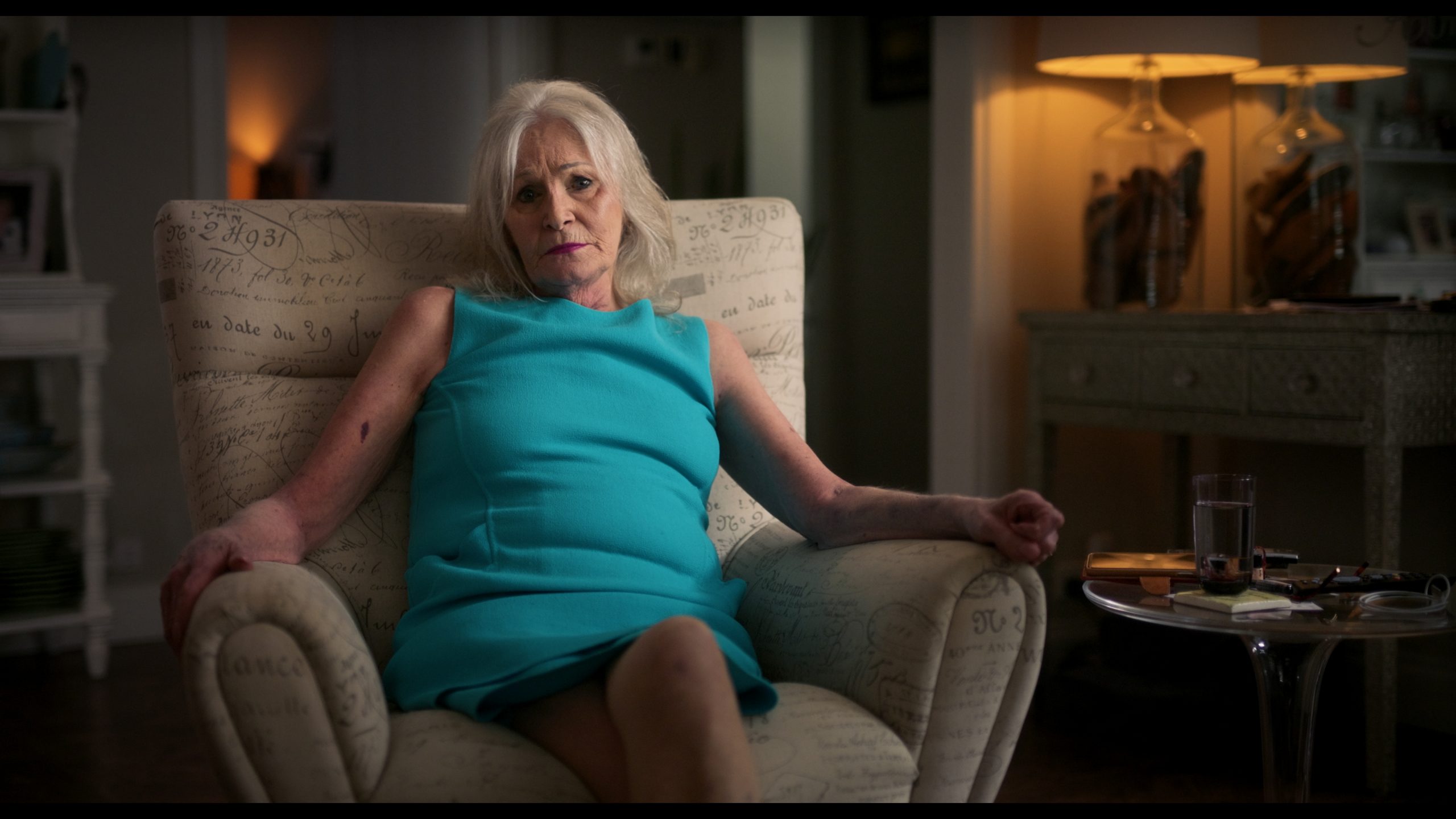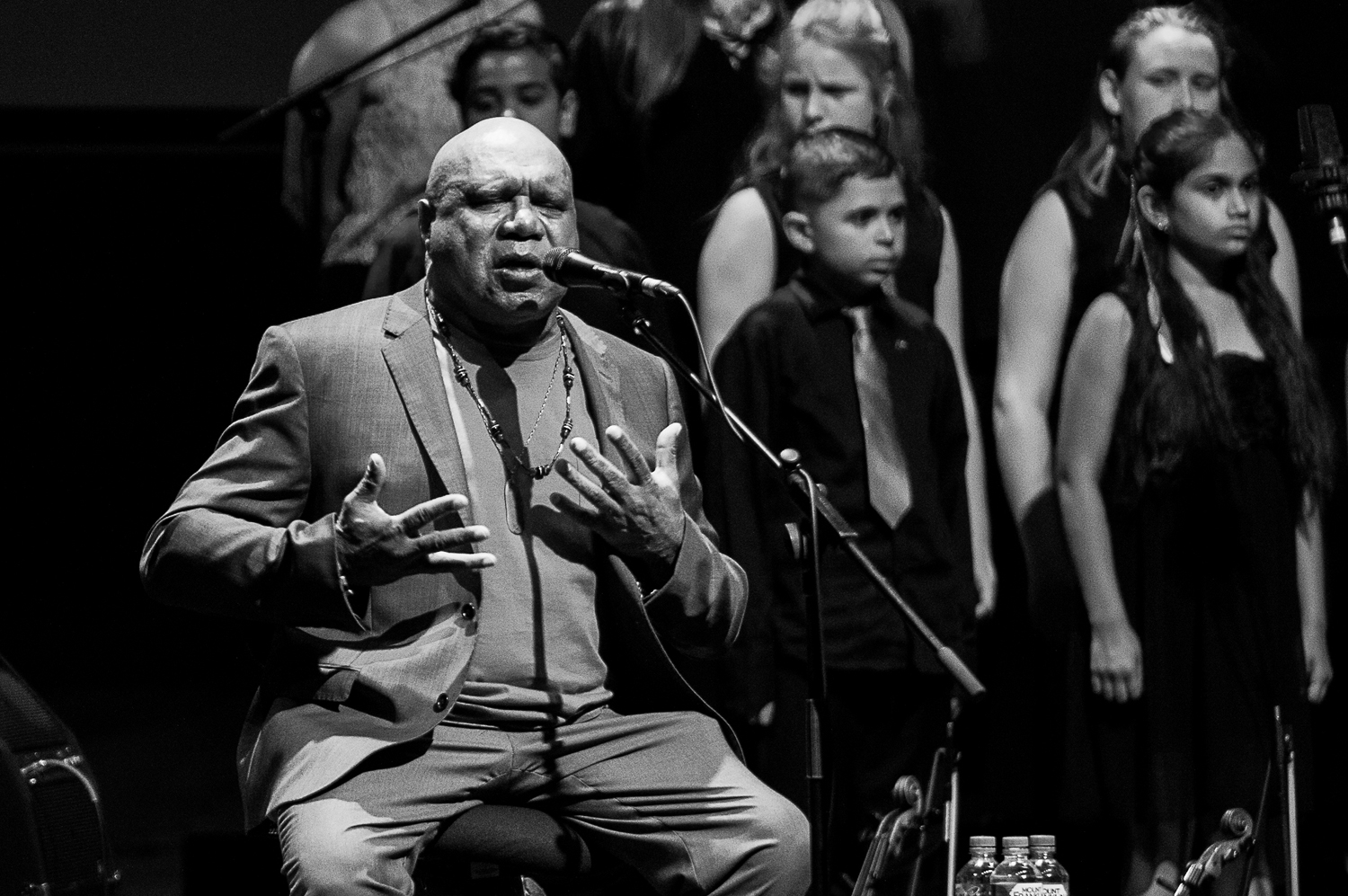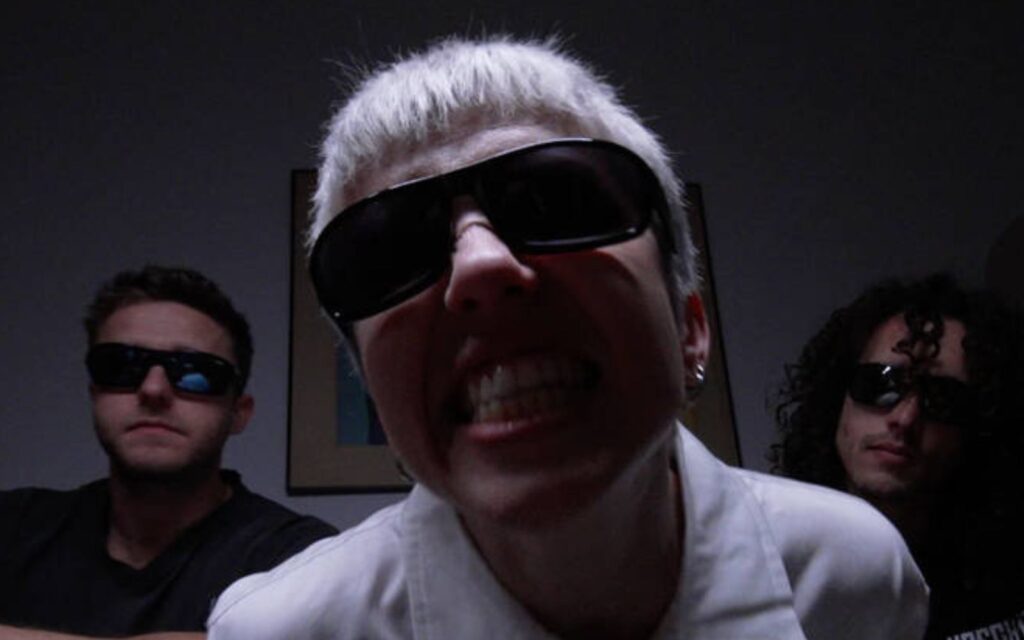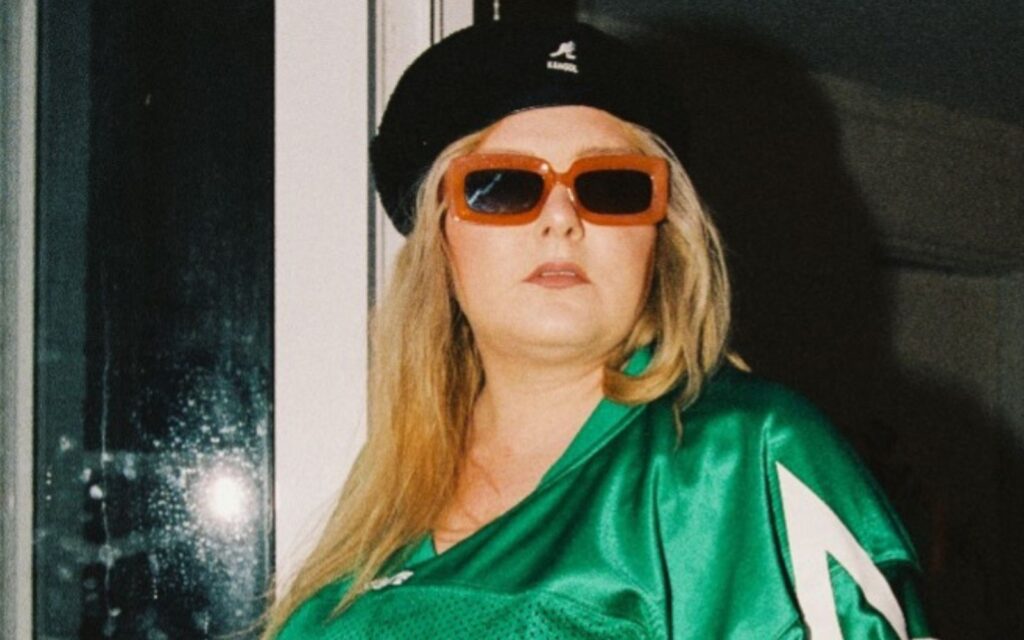On Melbourne International Film Festival’s 70th anniversary, Lachlan McLeod’s documentary Clean delves into the world of trauma cleaning to find humanity.
Profound documentaries provide insight into unknown, undervalued and unspoken worlds – reminding us of our common fragilities and vulnerabilities, our yearning for belonging and meaning, as well as our resilience in the face of unrelenting hardship.
Clean – Australian director Lachlan McLeod’s documentary on the world of trauma cleaning – is a moving tribute to the extraordinary life and legacy of Sandra Pankhurst, who passed away last July after a long battle with chronic obstructive pulmonary disease (COPD). Founder of Specialised Trauma Cleaning Services (STC), Pankhurst created a company that has dedicated itself to cleaning up homes after death, suicide, drug addiction, violence, crime, hoarding and squalor for 30 years.
Read Melbourne’s most comprehensive range of features and interviews here.
Finding her calling in forensic and specialised trauma cleaning, Pankhurst was driven by her mission of promoting care, compassion and dignity. Despite her own traumatic experiences, Pankhurst spent her life empathising with those who suffered and strove to relieve their suffering. For McLeod, it was a privilege to share the story of the remarkable and inimitable character of Pankhurst through film. In Clean, the director skilfully portrays her resilience, kindness and humour in the face of life’s challenges.
Pankhurst was adopted by an abusive family and forced to live a malnourished childhood in a backyard bungalow. A survivor of childhood abuse and sexual assault, the transgender woman was a suburban spouse and parent, drag queen, sex worker, funeral director, business owner and motivational speaker. It was the mystery of trauma cleaning that initially intrigued McLeod, but it was the story of Pankhurst that turned an interesting idea into an inspiring feature film.
McLeod and his friends David Elliot-Jones and Louis Dai run Walking Fish Productions, which specialises in documentaries, branded content and social impact films. Since meeting at the University of Melbourne’s Trinity College, the talented trio have produced Convenient Education (2012), Big In Japan (2018), Hakamada: The Longest Held Death Row Inmate in the World (2020) and now Clean (2022), featuring McLeod as director, Dai as a cinematographer and editor, and Elliot-Jones as a producer.
“We all loved documentaries in particular,” says McLeod. “We’re all interested in social issues and storytelling, and the way documentary is able to combine those and bring awareness to new ways of thinking about issues, new worlds and new stories. I think Clean brings those elements together – it’s an insight into an otherwise hidden world of trauma cleaning while also showcasing stories of people who a lot of us don’t really get to know, like hoarders, people who have mental health issues and people who work in this industry like Sandra Pankhurst.”
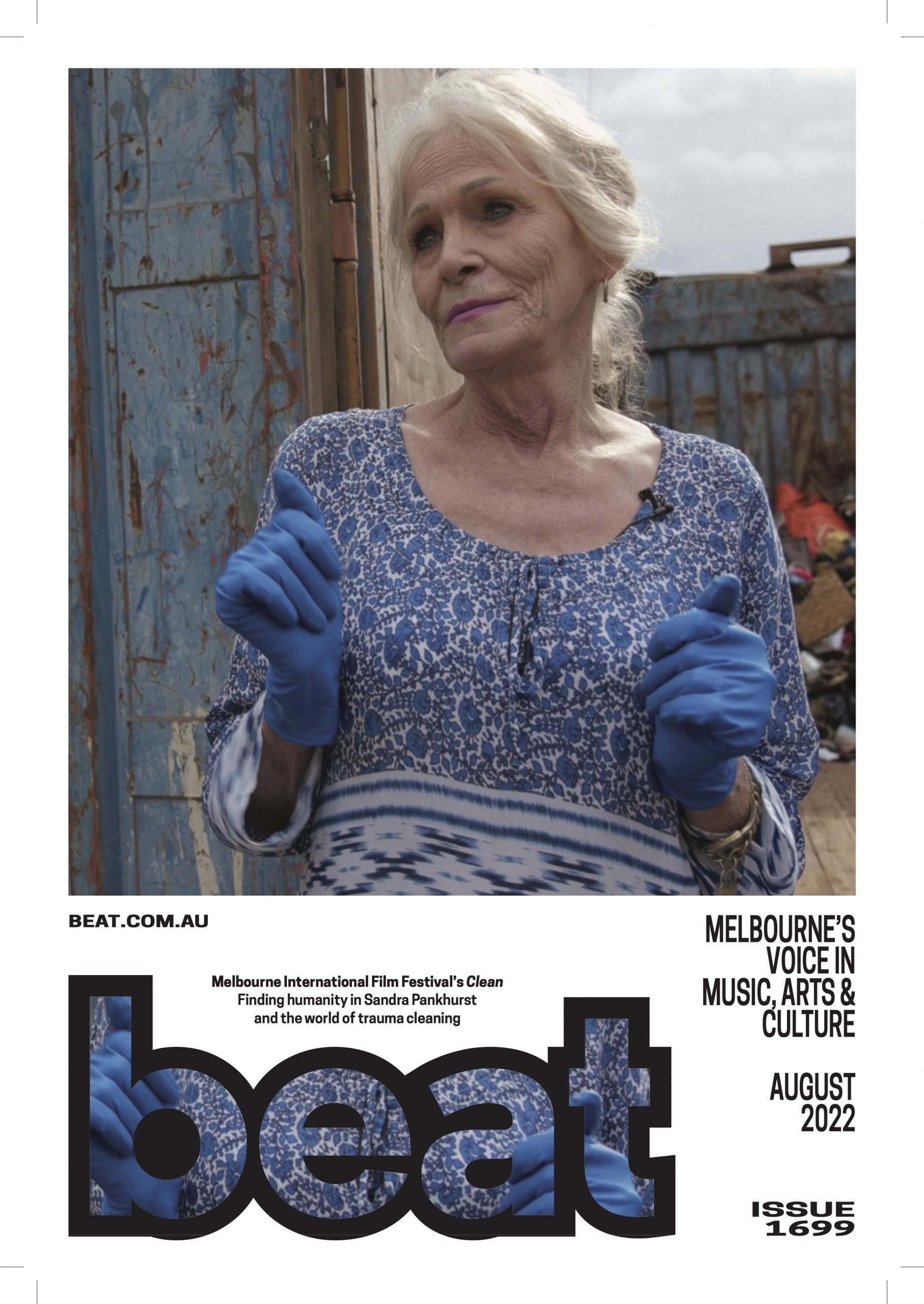
Melbourne writer Sarah Krasnostein’s biography of Pankhurst, The Trauma Cleaner: One Woman’s Extraordinary Life in Death, Decay & Disaster (2017), won the 2018 Victorian Prize for Literature and saw Pankhurst interviewed by many news outlets. McLeod discovered her while scrolling through Facebook and noticing her in an SBS video. The director quickly contacted Pankhurst to ask whether she was interested in exploring the idea of a documentary.
“When we met Sandra, she had this amazing wit and humour about her,” McLeod recalls, “and was able to talk about these quite heavy topics in a way that was able to bring humour out of dark situations, which I think you need when you’re making a film like this because it’s so heavy. We filmed one of her public speaking events – that was the first time I heard her entire life story and realised how amazing it was alongside what had previously happened in her life – it just seemed that it needed to be a feature documentary that focused on her more than the trauma cleaning side of things.”
The artistic process of creating a documentary about trauma was a challenging one. For McLeod, it was important to bring the compassion of Pankhurst and the workers to the fore. “It’s a heavy and dark world to work in,” says McLeod, “but I also wanted to show the down-to-earth moments and humour that Sandra and the workers have, and show how they use trauma in their lives to overcome these situations and are able to use that in a positive way to help out their clients.”
The complexity of mental and physical health issues reveals the importance of appreciating that there is no typical client. Pankhurst’s company has cleaned hoarding situations in the houses of doctors and company directors.
“There were a few hoarders living in quite affluent suburbs and someone in their family suddenly died, or something horrific has happened, and their life has gone downhill pretty quickly – you think about how that could happen to anyone and that could happen to you,” says McLeod. “What I took out of the film was that empathy, and that compassion for people who are going through difficult situations, and Sandra’s resilience and how she had gone through childhood abuse and had all these really difficult experiences in life, but still seemed so upbeat, determined and driven.
“I think most people wonder how she did it. As Sandra would say, look on the positive side of life when things get rough.”
“Sandra and the business brand that embodied a lot of her values like care, compassion and dignity really did help change a lot of people and clients,” McLeod says. “A lot of societies where the same mental health issues exist, and for regular domestic clients who are hoarders, those people usually wouldn’t have a service like STC and by just being there, not judging, and their approach to their work, really did have an effect on people’s lives.”
The inspirational documentary premiered at South by Southwest (SXSW) in Texas to sold-out screenings and will have its Australian premiere at the Melbourne International Film Festival’s Closing Gala – an impressive feat considering the magnificent program of 257 feature films at MIFF’s 70th anniversary. “I’ve been to a lot of MIFFs over the years, so to have a film there and especially the Closing Night Gala is special and an absolute honour,” says McLeod. “It’ll be the first time we’re hoping to get people from STC along to watch it and friends and family – I think it’ll be really special.”
The ambitious director is working on a couple of new documentaries and is determined to continue creating a career out of his passion in an increasingly competitive industry. “Those kinds of documentaries that take it to the next level are really inspiring,” McLeod enthuses. “One documentary I saw recently was called For Sama by Waad al-Kateab. She was a Syrian journalist in the Syrian civil war; her husband had set up this makeshift hospital and she has a child during the war. It’s one of the best documentaries I’ve ever seen.
“What excites me about the future of documentary is showing the diversity of stories out there. The accessibility and affordability of equipment makes it such that you do get so many more amazing documentary films made,” says McLeod. “It’s a hard, demanding career that involves a lot of luck and unpaid work, but at the same time it’s highly rewarding, and we love the process of doing it, so this is the biggest thing we’ve made to date and we’re hoping we can go with it and keep creating more.”
Clean will be screening as part of Melbourne International Film Festival at The Capitol and ACMI 2 on August 20, and at the Astor Theatre on August 21.
